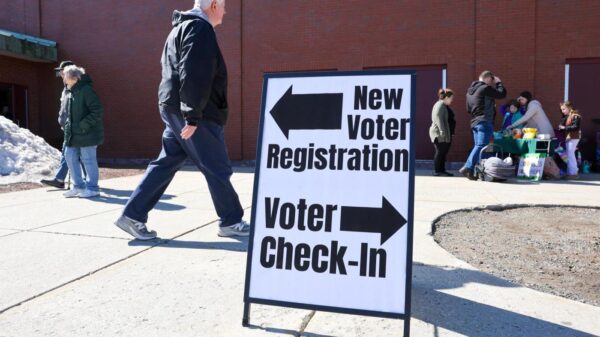In a recent opinion piece, columnist Cal Thomas criticized the political bias of late-night television, specifically targeting The Late Show with Stephen Colbert, which is set to conclude in May 2024. Thomas argues that the program serves as a platform for Democrats to launch attacks against former President Donald Trump. While this view reflects a concern about political slant in entertainment, it also highlights the broader role late-night shows play in countering narratives prevalent on networks like FOX News.
Late-night television has emerged as one of the few remaining venues on network TV where dissenting opinions are aired. Shows hosted by Jimmy Kimmel, Stephen Colbert, and Jon Stewart regularly provide commentary that challenges the perspectives often amplified by pro-Trump media outlets. For instance, during a recent photo-op, Trump criticized Jerome Powell, the Federal Reserve chair he appointed, stating, “He’s a terrible, a terrible fed chair. I was surprised he was appointed.” This statement is particularly notable given that Trump himself chose Powell for the role. Such moments are routinely scrutinized by late-night hosts, who expose inconsistencies in Trump’s narratives.
The issue of political discourse extends beyond mere entertainment. Thomas points out that FOX News consistently focuses on allegations regarding the mental fitness of President Biden, while neglecting what he describes as Trump’s repeated failures and misleading statements. “What is the cost of truth?” Thomas questions, highlighting the challenge of finding accurate information amidst politically charged commentary.
Additionally, the recent controversy surrounding the Epstein files illustrates the complexities within Trump’s supporter base. Many members of the MAGA Republicans express frustration over Trump’s failure to fulfill his campaign promise to release these documents. As they demand accountability, they face derision from Trump himself, further complicating their relationship with the former president. This dynamic raises questions about loyalty and the nature of authoritarian leadership, where followers are expected to align with the leader’s whims or risk being sidelined.
Encouragingly, Thomas suggests that even those aligned with Trump’s ideology might benefit from tuning into shows like Colbert’s to gain perspective on the broader implications of political actions. “Help a friend. Get him/her to tune into Colbert and find out what we, who the president doesn’t like, have experienced from him all along,” he writes, indicating a hope for increased political awareness among audiences.
As Stephen Colbert prepares to conclude his run, the discussions surrounding late-night television’s impact on political discourse remain relevant. The blending of entertainment and politics continues to shape public perceptions, making it essential for viewers to engage critically with the content they consume. In a media landscape often characterized by partisanship, the role of late-night comedy as a counterbalance to mainstream narratives is likely to endure.







































































